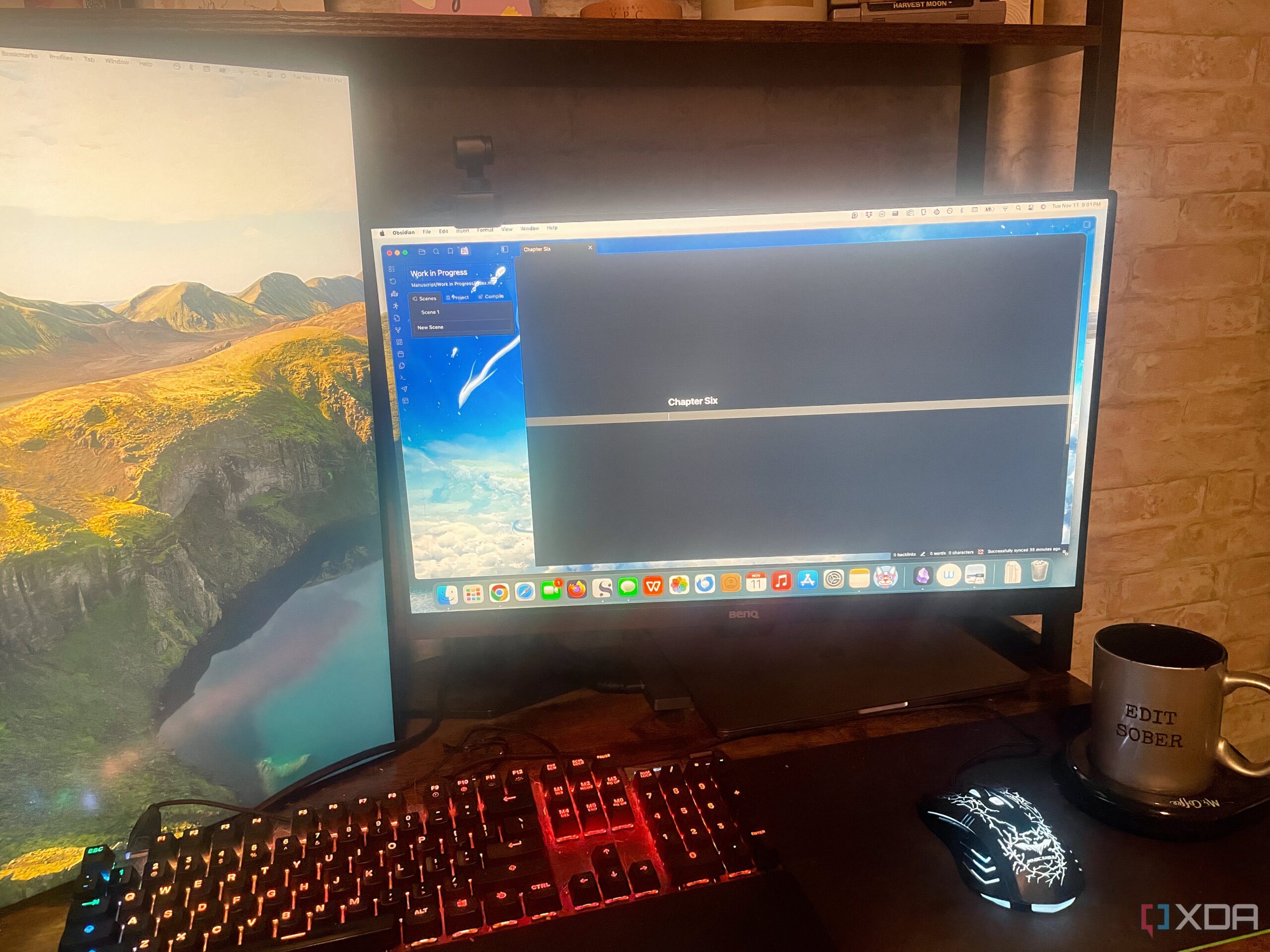UPDATE: A groundbreaking shift in novel writing is underway as authors increasingly turn to Obsidian, an innovative writing platform, enhanced by five essential plugins. This transformation is reshaping how writers approach their craft, making the process more streamlined and efficient.
In a recent announcement, a seasoned author revealed their experience after composing their latest novel entirely within Obsidian. After using traditional writing software like Microsoft Word and Scrivener for over a decade, the author highlighted the advantages of using Obsidian, particularly its cross-platform capabilities, which facilitate seamless transitions between devices.
The author’s journey began with a struggle against the limitations of conventional programs. “I realized that I could combine my worldbuilding and plotting notes into one coherent writing environment,” they stated. This revelation has the potential to redefine how writers manage their projects, especially in an era where flexibility and accessibility are paramount.
Key to this new workflow are five plugins that significantly enhance the writing experience. First on the list is the Novel Word Count plugin, designed to keep authors informed about their progress. It allows users to track word counts not just for the entire vault, but also for specific folders and notes. “It’s crucial for knowing how much I’ve accomplished—and what remains,” the author explained.
Next is the Typewriter Mode, which helps maintain focus by highlighting the current line of text. This feature dims everything else on the screen, reducing distractions and allowing writers to concentrate solely on their work. “It’s a game changer for anyone who struggles with distractions,” the author noted.
The ProZen plugin takes this a step further by offering a full-screen mode for individual notes. While it may lack extensive customization options, its ability to create a focused writing environment is invaluable. “It makes the writing experience immersive, letting me dive deep into my narrative,” the author added.
Additionally, the Word Sprint plugin encourages productivity by timing writing sessions. “Setting a timer pushes me to get my thoughts down without overthinking,” the author shared. This method not only enhances creativity but also improves overall writing speed, vital for meeting deadlines.
Finally, the Longform plugin stands out as the cornerstone of this new writing approach. It allows for the creation of dedicated folders for scenes, sets word count goals, and compiles disparate scenes into a single note. “This makes it almost as powerful as dedicated software like Scrivener,” the author emphasized.
The author’s current work-in-progress showcases the potential of this integrated approach. “While my novel isn’t finished yet, using Obsidian has made the writing process enjoyable and streamlined,” they confirmed.
This shift towards utilizing Obsidian for writing novels underscores a growing trend among authors seeking flexibility and efficiency in their writing tools. As more writers adopt this model, the implications for the literary community could be profound.
Stay tuned for further updates as this trend develops, and discover how these plugins can transform your writing experience. Whether you’re a seasoned author or just starting out, the integration of these tools into your workflow could redefine your creative process.
